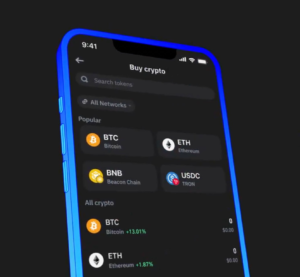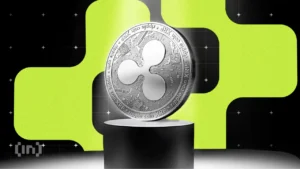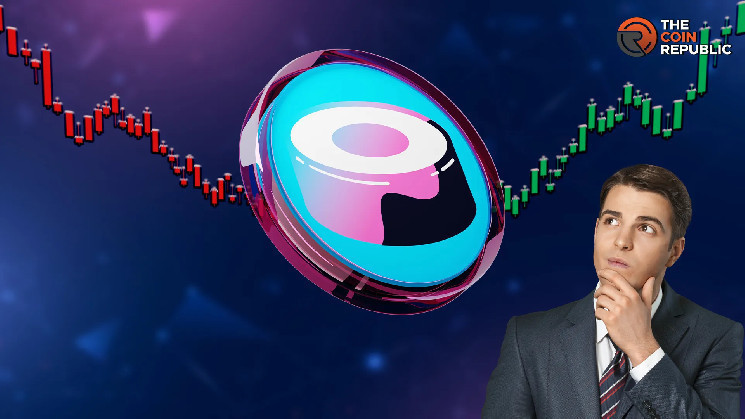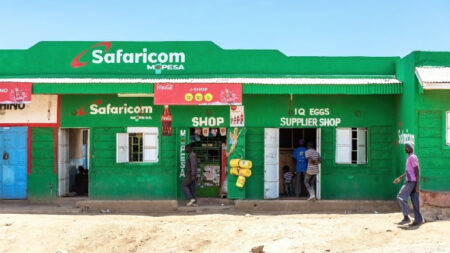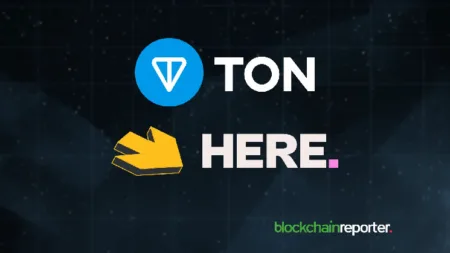SushiSwap, a prominent decentralized exchange, has announced the completion of Chain Subscription Payment on the SKALE Network. The effective accomplishment of the respective initiative by SushiSwap enables the company to keep operating on the Europa Liquidity Hub of the Skale Network. The platform took to its official social media account on X to provide the details of this significant development.
Good news 🎉 We’ve made our chain subscription payment to keep Sushi cooking on the @SkaleNetwork Europa Liquidity Hub!
Thanks to SKALE, validators earn from dApp subscriptions, so there are NO GAS FEES for you!
Enjoy SushiSwap with zero gas fees! 🍣🚀https://t.co/kEo5LRdWrO pic.twitter.com/fikElrMPxS
— Sushi.com (@SushiSwap) August 3, 2024
SushiSwap Completes Chain Subscription Payment on Skale Network
In its latest post, SushiSwap expressed its enthusiasm for this initiative. Because of the innovative model of Skale Network, SushiSwap consumers can now leverage trading without bothering with gas fees. The respective development proves a game-changer facilitating the DeFi enthusiasts by unburdening them from high transfer charges on other platforms. The Skale Network uses an exclusive subscription-based model.
It lets validators generate yields from their dApp subscriptions. This eliminates the requirement for conventional gas fees. The respective approach not only decreases charges for consumers but also guarantees a more effective and smoother trading experience. A couple of factors that place Skale Network among prestigious platforms include efficiency and scalability. It delivers a resilient infrastructure to facilitate dApps.
The Initiative Facilitates SushiSwap Consumers with No Gas Charges
SushiSwap leverages the capabilities of Skale to improve consumer experience and bring additional traders to its forum. The Europa Liquidity Hub specifically provides streamlined transfers and substantial liquidity. This turns it into an ideal environment to benefit a well-known company like SushiSwap. SushiSwap assured its users that they can continue their operations with no gas charges following this development.
Read the full article here
